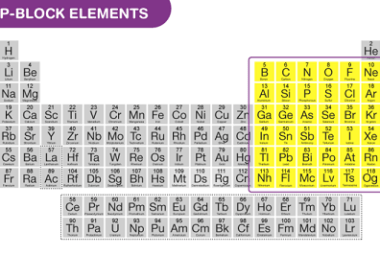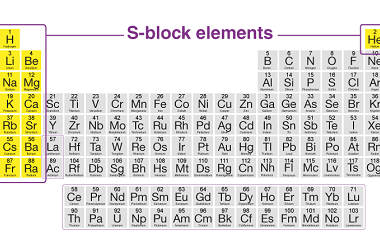JEE (Main+Advance) Integrated Course Basic Principles of Organic Chemistry
Organic chemistry is a branch of chemistry that deals with the study of carbon-based compounds and their properties, reactions, and applications. In the JEE (Main+Advance) Integrated Course, students will be introduced to the basic principles of organic chemistry, which will form the foundation for further studies in this field. Here are some of the basic…









